Study in Australia guide
Why Study in Australia?
Australia, a global education hub, beckons with its top-tier universities, vibrant multicultural society, and outstanding quality of life. With post-study work opportunities, diverse research options, and breathtaking natural beauty, it’s the ideal destination for an enriching academic journey.
It’s not just about education; it’s about embarking on a transformative journey filled with academic rigor, global friendships, and unforgettable experiences.
Choosing A University And Course In Australia
Selecting the right university and academic program in Australia is a pivotal decision that can shape your educational journey and future career. Here’s a comprehensive guide on how to make this important choice:
Define Your Goals and Interests
Start by identifying your academic and career goals. Determine your interests, strengths, and the field of study that excites you the most. This will serve as a foundation for your decision-making process.
Research Universities
Australia hosts a diverse range of universities, each with its own unique strengths and areas of expertise. Look for research-oriented universities that match your academic interests and goals.
Consider Budget and Scholarships
Calculate the estimated cost of your education, including tuition fees, accommodation, living expenses, and other incidentals. Explore scholarship options for international students to alleviate financial burdens.
Assess Faculty and Resources
Evaluate the faculty expertise and research opportunities available at each university. A strong faculty and well-equipped facilities can enhance your learning experience.
Examine Career Opportunities
Investigate how each university supports students in terms of career development. Look for programs that offer internships, co-op opportunities, or industry connections related to your field of study.
Explore Student Life and Support
Consider the extracurricular activities, clubs, and support services offered on campus. A vibrant campus life can enrich your overall university experience.
Consult with Educational Advisors
Seek guidance from educational advisors or counselors specializing in international education. They can provide personalized advice based on your academic goals and preferences.
Accreditation and Recognition
Verify that the university and academic program are accredited by the relevant Australian authorities. Accreditation ensures the quality and recognition of your degree both nationally and internationally.
Visit Campuses or Attend Virtual Tours
Whenever possible, visit the campuses of your shortlisted universities or participate in virtual tours. This can provide valuable insights into the campus environment and facilities.
Luminedge takes great pride in its commitment to helping international students to achieve their educational goals by providing comprehensive guidance and support to secure prestigious scholarships that will facilitate their academic journey.
Australia Top Universities
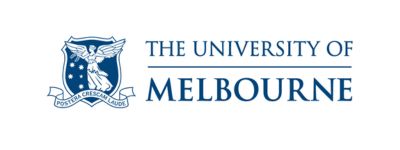
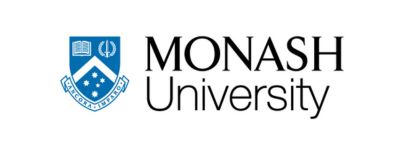
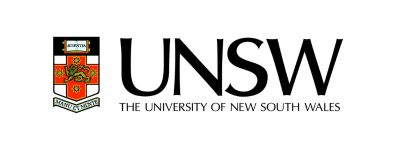
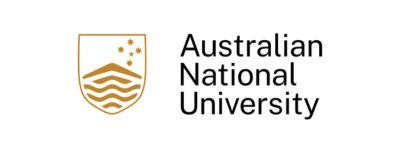
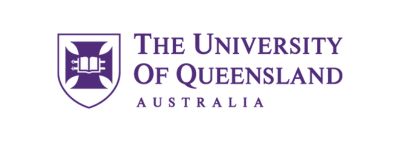
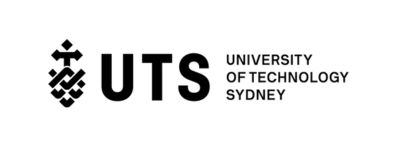
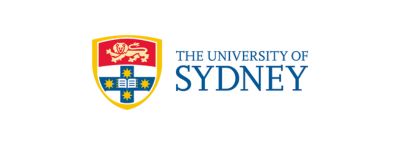
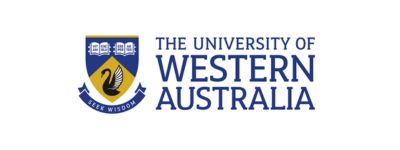
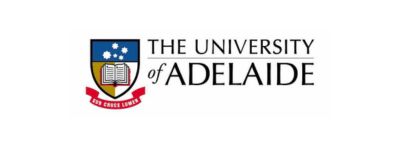

Australia Top Courses
Australia offers a wide array of top-notch courses for international students. Some of the most sought-after academic programs include:
- Business and Management
- Natural Sciences
- Medicine and Healthcare
- Life Sciences and Biotechnology
- Computer Science and Information Technology
- Architecture
- Finance and Accounting
- Engineering
- Creative Arts
- Tourism & Hospitality Management
- Environmental Sciences
- Business and Management
- Natural Sciences
- Medicine and Healthcare
- Life Sciences and Biotechnology
- Computer Science and Information Technology
- Architecture
- Finance and Accounting
- Engineering
- Creative Arts
- Tourism & Hospitality Management
- Environmental Sciences
Tests Required To Study In Australia
For international students planning to study in Australia, showcasing strong English skills is essential. Australian universities usually ask for evidence of your English language proficiency. This ensures you can thrive in classes and campus activities. Here are the main English tests accepted by Australian universities:
IELTS (International English Language Testing System)
Australian universities typically set specific IELTS score criteria for admission, which usually fall within the range of 6.0 to 6.5. However, the exact score requirement may vary depending on the program and university you choose.
TOEFL (Test of English as a Foreign Language)
TOEFL is another recognized language test in Australia. It includes reading, speaking, listening, and writing sections. TOEFL takes longer, around 4 hours and 20 minutes. A minimum score of 46 is required, but aiming for 60 to 90 improves your chances of university acceptance in Australia.
PTE Academic (Pearson Test of English Academic)
PTE Academic is accepted by all Australian universities, featuring four sections: Reading, Speaking, Listening, and Writing, with a 3-hour test duration. While the minimum score for university applications is 42, targeting a range of 50 to 64 is recommended.
CAE (Certificate in Advanced English)
CAE has four sections: Reading and Use of English, Writing, Listening, and Speaking. It has a total test duration of 3 hours and 55 minutes, with 90 minutes each for the first two sections, 40 minutes for the third section, and 15 minutes for the final section. A minimum score of 162 is required for this exam.
Scholarships and Financial Aid
Studying in Australia is more accessible with numerous financial support options. The Australian government offers prestigious Australia Awards covering tuition, living expenses, and travel. Universities provide scholarships based on merit, leadership, and field of study. External organizations offer diverse scholarships, while financial aid programs assist with grants and part-time work. Research scholarships are available for research-focused programs. These resources make studying in Australia financially feasible for international students.
Visa and Immigration
To study in Australia, you’ll require a Student Visa (Subclass 500), allowing you to enroll in a registered course, work part-time, and stay throughout your studies. Key requirements include a Confirmation of Enrolment (CoE) from your chosen institution and demonstrating your genuine intent to study temporarily in Australia.
Healthcare and Insurance
Healthcare in Australia is of high quality, with most international students eligible for medical services through the public healthcare system (Medicare). However, it’s mandatory to have Overseas Student Health Cover (OSHC), which helps with medical expenses. You can arrange OSHC through approved providers when enrolling in your course.
Cost of Living
For international students in Australia, it’s crucial to budget for living expenses. This includes accommodation, groceries, transportation, and entertainment. Costs can vary by city and lifestyle, so plan accordingly to ensure a comfortable and enjoyable stay while studying in Australia.
